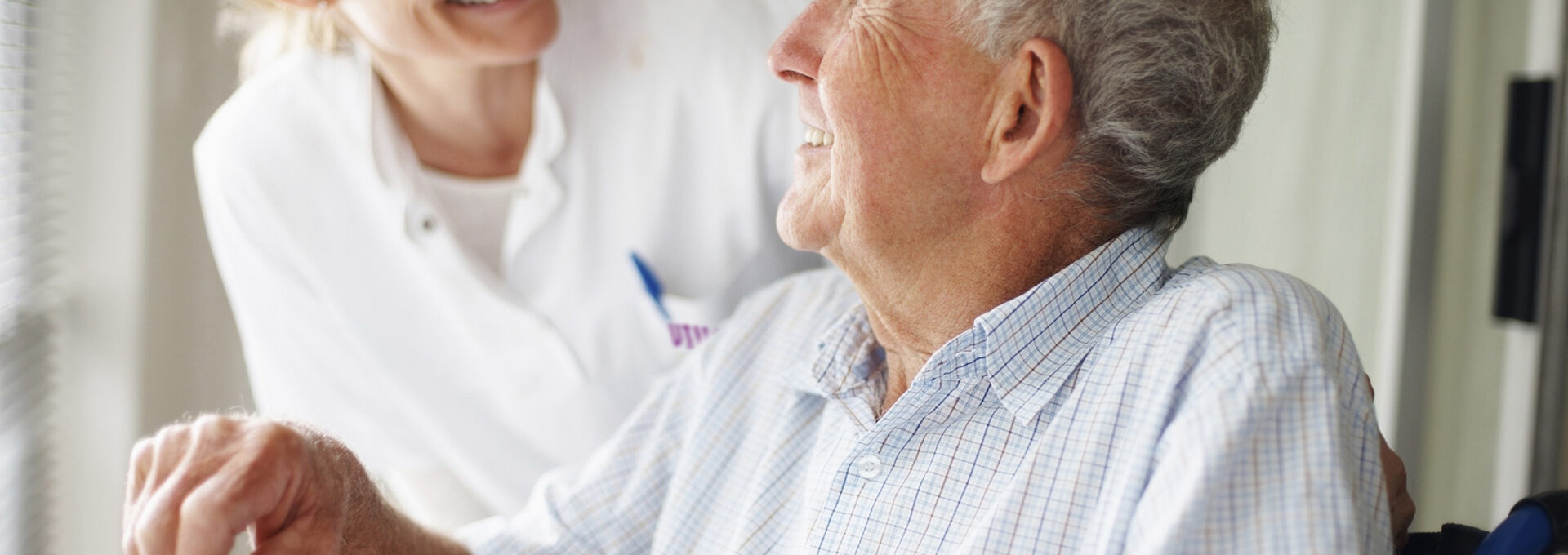
Place de Viveo in the dependency sector
A little history…
A key player in the personal services sector since 2003, Viveo provides its beneficiaries with a specific range of services which scrupulously respects the quality charter set up by the National Agency for Personal Services.
With 20 years of experience in the personal services sector, positioned very early on in the dependency sector following a double observation:
- The aging of the population requires closer and more professional assistance to beneficiaries (5th risk, shorter hospitalisation times, etc.)
- The needs far exceed the capacities of professionals in the health and social sector.
A founding member of Fedesap (Federation of Personal and Local Services Companies), administrator of this same organisation, then creator of a regional unit in Midi-Pyrenees, the founder of the Bruno Basset Group in 2006 signed on to be part of the process of the professionalisation and structuring of the sector.
Thousands of homes have since called upon the society to help improve their living standards and make it more comfortable.
State of play
Who are the elderly with loss of autonomy in France
The DREES estimates that in 2015 around 1,459,000 people over the age of 60 living at home had a loss of autonomy. Added to this are 584,000 living in homes, i.e.: a little over 2 million. Using only an administrative definition, in 2015, 1,265,000 people over 60 were beneficiaries of the APA and around 74,000 of the disability compensation benefit (PCH) or the compensatory allowance for third parties (ACTP).
The difference between the two data can come either from a non-use of benefits, or from a difference in measurements or assessment. Between 9% and 14% of those over 60 can, according to this definition, be considered to be losing their autonomy. The prevalence of dependence increases sharply with age:
Prevalence rate of dependency (GIR 1-4) at home in %
| Age | Men | Women |
|---|---|---|
| 65-74 | 1.30% | 1.60% |
| 75-84 | 4.60% | 6.00% |
| 85 years and over | 16.70% | 20.10% |
The prevalance rates by age fell sharply between 2008 and 2015: for those over 75, the prevalance rates of people living at home fell by 2 points for women and 3 points for men.
The DREES projection for 2030 is based on the number of people benefiting from APA and depends on two elements: the demographic projection and the assumptions of the prevalance rate of dependency by age. The number of dependent elderly people is expected to increase by around 200,000 people (+15%) between 2015 and 2030 according to the low scenario, by 320,000 (+25%) according to the intermediate scenario and by 410,000 (+33%) according to the high scenario. The divergence of the projection increases sharply depending on the horizon of the projection: the increase between 2015 and 2050 is expected to be 620,000 (+49%) in the low scenario and 1,260,000 (+100%) in the high scenario. Advances in medicine or the effectiveness of preventitive actions are therefore likely to significantly vary the number of people to be supported in the loss of the autonomy in the years to come. The consultation adopted the intermediate scenario as the central scenario: the number of elderly people with the loss of autonomy (in the sense of APA beneficiaries) would thus drop from 1,265,000 people in 2015 to 1,582,000 in 2030 and 2,235,000 in 2050. The increase would be of the order of more than 20,000 people per year until 2030, but would accelerate to nearly 40,000 people per year between 2030 and 2040, due to the arrival in advanced age of the first generations, baby boom.
How does Viveo postion itself in the dependency sector?
- Agreement and funders
Departmental Council / CARSAT / Pension funds / CRAM / CAF / MSA / Other funding organisations - Administrative references
DREETS (Regional Directorates for the Economy, Employment, Labour and Solidarity) - Training of
Agefos employees (OPCO, Competences Operator) - Partnerships
CHU / Clinics / Gerontological Centres / … 
-
Beneficiaries
- Elderly person, suffering from Alzheimer's disease, Parkinson's…
- Return from hospitalisation, following an accident…
- Autonomy loss
- Assistance with housework
- Illness of a child
- …
A process which leads to the drafting of a "Quality" charter:
Each Viveo team is structured to meet the occasional or regular needs of its beneficiaries, regardless of their state of health, age or degree of dependency.
Viveo staff are trained, qualified and meet the requirements of home help for vulnerable people. This is why each employee undertakes to respect the quality charter put in place by Viveo and of which we provide you with the main principles:
- Listening and understanding:
- Free assessment visit of your needs
- Listening and understanding your imperatives and needs
- Help and assistance in setting up support cases
- Free estimate and complete information on Viveo operation
- Support for home helpers by the intermediary supervisor and / or the Agency Manager on
- Commitments and quality:
- Respect for the privacy and privacy of beneficiaries
- Respect of schedules as defined with each beneficiary
- Services available 7 days a week and 24 hours a day
- Long-term employee training
- Implementation of tools to optimise the relationship between the beneficiary, the nursing staff, the Viveo home help, the social worker, etc.
